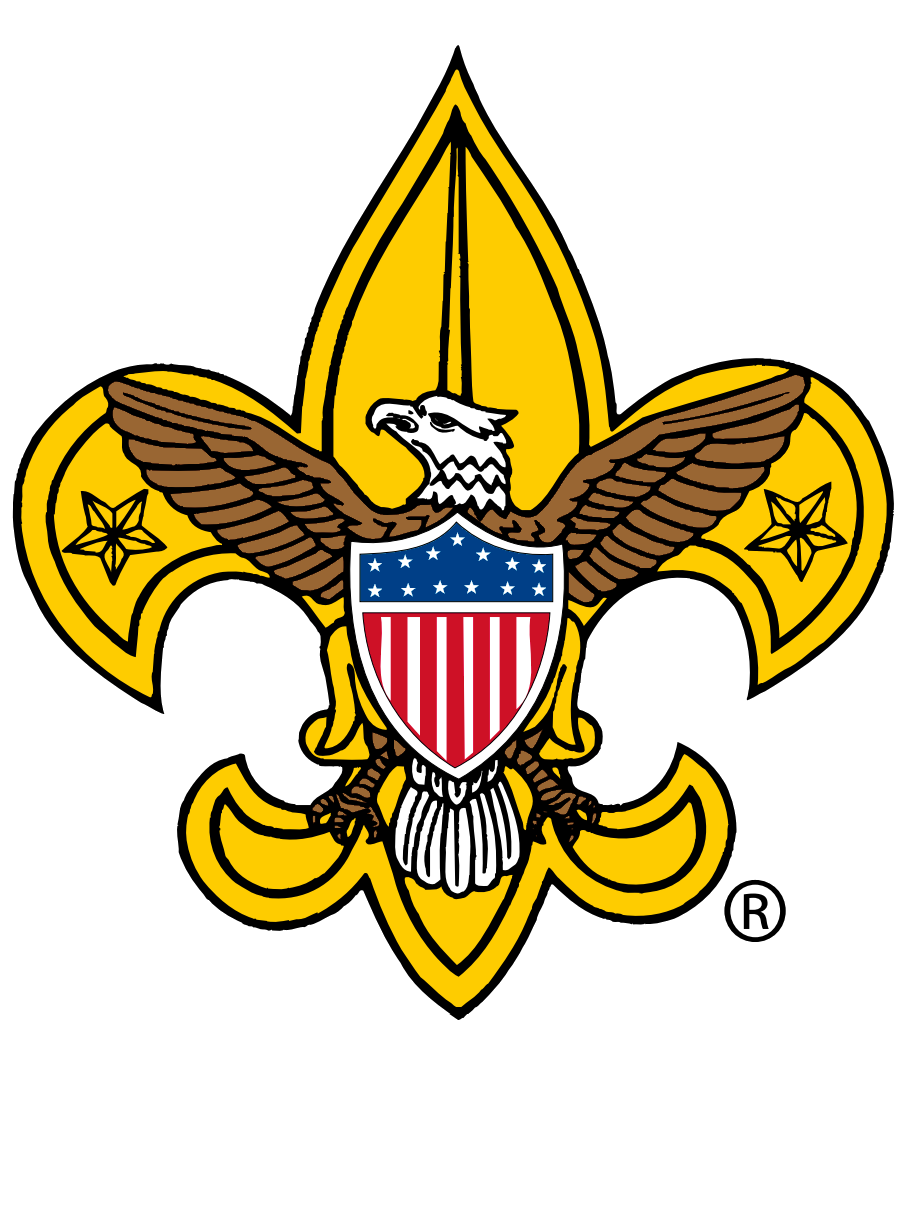From Troop 55 Handbook, Rev 2014-05-09
Active Participation
The advancement requirements for each of the Scout ranks (as set forth in the Boy Scout Handbook) includes some requirement that the Scout be active in his troop and patrol.
The 2013 BSA Guide to Advancement defines that “Active Participation” requires that:
- The Scout is registered.
- The Scout is in good standing.
- The Scout meets the unit’s reasonable expectations; or, if not, a lesser level of activity is explained.
Set forth below are a set of guidelines outlining Troop 55’s reasonable expectations for participation, as adopted by the Troop Committee on November 14, 2013. These guidelines articulate a minimum set of expectations for Active Participation.
As outlined in the Guide to Advancement, if a Scout falls below these minimum expectations, a special Board of Review will decide whether the Scout meets the requirement of participation in order to advance.
Troop 55’s minimum expectations for active participation:
For advancement to Scout, Tenderfoot, Second Class and First Class, active participation is specifically defined in the Boy Scout Handbook. For example, for Second Class, a Scout must, “since joining, have participated in five separate troop/patrol activities (other than troop/patrol meetings), two of which included camping overnight.” Possible troop/patrol activities include, e.g., Campouts, Advancement Sessions, Courts of Honor and Service Projects, and are signed off by the Scout’s PASM. Troop Activities does not include a merit badge class, or Cub Scout Pack or Den activity.
For advancement to Star, Life and Eagle, the Boy Scout Handbook requires more broadly that the Scout “be active in [his] unit (and patrol if [he is] in one) for at least [X number of] months as a [Prior Rank] Scout.”
To satisfy this requirement, a Scout must:
- For each month (or a 30‐day period/month equivalent) being counted, attend at least two “Troop Activities” during the month (or 30‐day period/month equivalent). Troop Activities can include Troop Meetings, Service Projects, First Class Trail and other Advancement Sessions, or Troop outdoor activities such as a climbing session or canoeing outing; Troop Activities does not include a merit badge class, Court of Honor, or Venture Crew/Cub Scout Pack or Den activity.
- In at least half of the months being counted, attend an Overnight Outdoor Activity. An Overnight Outdoor Activity includes, e.g., the Troop’s monthly weekend camp‐outs but does not include Cub Scout Pack or Venture Crew campouts. Attending an Overnight Outdoor Activity requires the Scout’s presence and participation at the bulk of the activity/campout and must include staying overnight. Camping both Fri‐day and Saturday night on a weekend campout constitutes one event (not two).
- For Star, this would require 2 Overnight Outdoor Activities, and for Life and Eagle would require 3 Overnight Outdoor Activities each.
- During each rank period (First Class to Star; Star to Life, and Life to Eagle), attend at least one Troop Court of Honor.
- NOTE re: Summer Camp: Participation in a week‐long summer camp, NYLT or NAYLE (including participation as Staff) will satisfy both the Troop Activity and Overnight Outdoor Activity for a one‐month equivalent. During the period from First Class thru Eagle, at least one of the Overnight Outdoor Activities must include participation in a Troop 55 summer camp, NYLT or NAYLE.
For Eagle Palms, to satisfy this Active Participation requirement, a Scout must:
- Attend at least 2 Troop Activities during the month (or 30‐day month equivalent) he is counting. Troop Activities can include Troop Meetings, Service Projects, First Class Trail and other Advancement Sessions, or Troop outdoor activities such as a week‐end campout, climbing session or canoeing outing; Troop Activities does not include a merit badge class, Court of Honor, or Venture Crew/Cub Scout Pack or Den activity.
NOTES:
o The months for active participation need not be contiguous.
o It is the Scout’s responsibility to ensure he has signed in with his Patrol Leader, ASPL, or Adult Leader to be counted as participating. The Patrol Leader, ASPL, or Adult Leader is responsible for turning in the attendance roster to the Troop Attendance Chair who will enter the participation into Troopmaster for tracking and advancement.
o These guidelines do not address the completion of leadership requirements for advancement to Star, Life, and Eagle.
